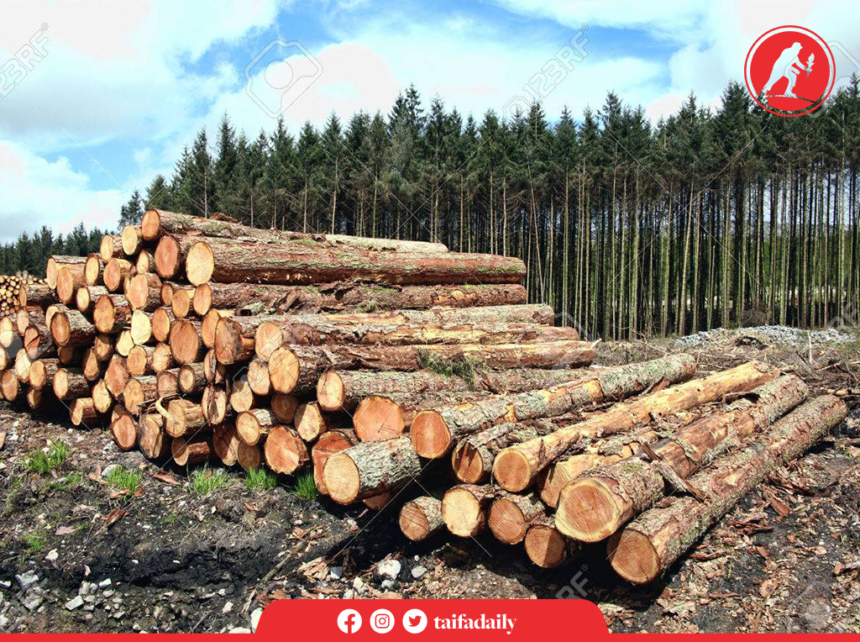Tanzania has adopted concrete poles for electricity distribution, leaving pine and eucalyptus tree farmers and stakeholders under pressure for the loss they might encounter as the wooden poles will be replaced with concrete ones.
Most investors in eucalyptus production were solely aiming for TANESCO as their main customers not knowing there are other ways to benefit from this kind of farming
Eucalyptus produces durable wood for furniture and other forms of construction. It is used for household furniture like couches, chairs, tables, kitchen utensils like wooden spoons and bowls.
It is used for astonishing wooden floors and other heavy or light construction duties.

In other places, eucalyptus woods are used to build durable houses, cabins, and cottages especially in tourist areas like Gibb’s Farm cottages in Serengeti National Park.
There are about five types of eucalyptus species found in Tanzania capable of producing essential oil used for medicine. So far scientists have been able to identify the components of three species.
Eucalyptus oil is used similarly to that of clove buds essential oil. It is being used to treat sore throats, coughs, asthma, and colds by drinking, rubbing on the chest, or inhaling it and sometimes for joint pain, burns, and disinfecting wounds. Cooking with it helps with controlling blood sugar.
It can be used to ease arthritis pain and as a mosquito repellent.
Some household products are made using eucalyptus oil including cleaning detergents, air fresheners, and soaps as the oil have antiseptic properties.
The oil is sometimes used for relaxation purposes. It is used for massage as it stimulates an overall better feeling, it is also used as a stress and fatigue reliever without forgetting hair products.
Eucalyptus oil is extracted from the leaves through steam distillation.
There are many other ways to benefit from eucalyptus farming than electric poles, however, these ways might take longer to give you the benefit you anticipated or you would get from selling wooden poles.

When it comes to wooden poles they might be at a higher advantage during this season where climate change and environmental conservation is of higher concern.
The wooden poles are cheap, easily transported, and in higher quantities and there is a reduction in the carbon footprint and can add to recycling values. Compared to the concrete poles which are heavy, hence not easy to transport and have no recycling value.
The concrete poles production produces 72.5 kilograms of carbon dioxide per tonne becoming the top air polluter.
On the other hand, wooden poles have been said to varry in quality depending on species making some poles last less than anticipated.
In case of collapsing when compared to concrete poles, wooden poles fall entirely to the ground causing serious damage as there are no rods to hold the body.


